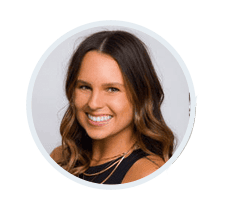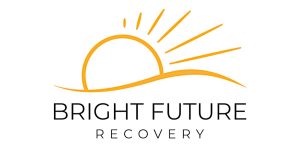Bright Future Recovery does not offer mental health treatment services relating to schizophrenia or other major trauma.
This article provides general information and discussions about substance abuse and mental health related subjects. The information and other content provided in this blog, website or in any linked materials are not intended and should not be considered, or used as a substitute for, medical advice, diagnosis or treatment. This blog does not constitute the practice of any medical, nursing or other professional health care advice, diagnosis or treatment. We cannot diagnose conditions, provide second opinions or make specific treatment recommendations through this blog or website.
If you or any other person has a mental health concern, you should consult with your health care provider or seek other professional medical treatment immediately. Never disregard professional medical advice or delay in seeking it because of something that you have read on this blog, website or in any linked materials.
ADD and Substance Abuse
- Cheree Ashley
- Medically Reviewed
When someone is diagnosed with either ADD or ADHD and a substance use disorder the individual is clinically considered to have a co-occurring disorder. Treatment for co-occurring disorder must be integrative, which means that the individual should be treated for both conditions at the same time. This approach offers the best chances of long-term recovery.
What is ADD and ADHD?
Attention deficit disorder (ADD) is a term that is sometimes used for one of the presentations of attention deficit hyperactivity disorder (ADHD). Attention deficit hyperactivity disorder (ADHD) is a disorder that primarily affects children and teens, but it can persist into adulthood.
The term ADD is actually an outdated term that is no longer used by medical professionals; however, it is still used colloquially sometimes to describe someone who has symptoms of ADHD except those pertaining to hyperactivity.
The symptoms associated with ADHD are often divided into three categories – inattention, impulsivity, and hyperactivity. Individuals diagnosed with ADD share the first two categories, but not the last. The symptoms of ADD include the following:
- Forgets about daily activities
- Has problems organizing tasks
- Is easily distracted
- Doesn’t follow directions or finish tasks
- Doesn’t appear to be listening
- Doesn’t like doing things that require sitting still
- Doesn’t pay attention
- Often loses things
- Tends to daydream
- Is always on the go
- Has trouble waiting his or her turn
- Blurts out answers
- Interrupts others
The symptoms of ADHD include the above plus the following:
- Has trouble staying seated
- Often fidgets, squirms, or bounces when sitting
- Has trouble playing quietly
- Talks excessively
- Is always moving, running, or climbing
ADD and ADHD symptoms often interfere with children’s home and school lives. Adults who have the disorder often have symptoms that look a bit different, they include:
- Chronic lateness
- Easily frustrated
- Mood swings
- Depression
- Forgetfulness
- Anxiety
- Low self-esteem
- Unorganized
- Poor Judgment
- Procrastination
- Chronic boredom
- Trouble concentrating on written material
- Problems at work
- Impulsiveness
- Trouble controlling anger
- Relationship problems/social awkwardness
- Substance abuse or addiction
What is Substance Abuse?
Substance abuse refers to a pattern in which a person uses drugs and/or alcohol in a way that causes significant issues or distress. The problems may be associated with missing work or school, using substances in dangerous situations (like driving intoxicated), or it may lead to arrests, legal problems, interpersonal relationship problems, loss of relationships, or it may cause physical or mental illnesses or death.
Substance use disorder, or addiction, is a brain disorder, and it refers to the abuse of both illegal and legal substances, such as alcohol, marijuana, prescription medications (like benzodiazepines or opioid painkillers), heroin, methamphetamine, cocaine, and others. Alcohol is the most commonly abused substance in the country.
The Connections between ADD/ADHD and Substance Abuse
There is a link between ADD/ADHD and substance use disorder. Numerous studies have shown that there are strong correlations between ADD or ADHD and drug and alcohol addiction. In fact, the patterns of impulsivity and distraction, traits common to ADD and ADHD, can make it easy for an individual to fall into addiction. The stress of having conditions like ADD or ADHD also make it common for those affected to turn to substances as a way to self-medicate.
It doesn’t help matters that the medications that are typically prescribed to treat ADD and ADHD, methylphenidate and amphetamine (brand names Ritalin and Adderall, respectively), are controlled substances, which means that they can be habit-forming or addictive. These medications are often abused by people without ADHD for the feeling they produce. So, it’s reasonable to be concerned about treating individuals who might be predisposed to addiction with these drugs. However, research has shown that people with ADHD who do take these types of medications are less likely to abuse drugs or alcohol. Treating ADHD properly is a powerful preventative measure against substance abuse and addiction.
Treatment for Co-Occurring Disorders
It is critical for people with co-occurring disorders to have integrative treatment plans that address both disorders at the same time. While having two or more diagnosed disorders may make treatment more complicated, there are many drug and alcohol treatment centers that have medical professionals who are experienced in dealing with co-occurring disorders. With the right treatment facility – one that is equipped for co-occurring disorder treatment – becoming educated about co-occurring disorders, and having a strong support system, individuals can have successful, long-term recovery.
Inpatient Treatment for ADD/ADHD and Substance Abuse
Integrating traditional addiction treatment techniques and psychiatric treatments for ADD/ADHD can be successful in preventing relapses, reducing suicidal thoughts and ideations, and in promoting long-term sobriety. It is crucial that these co-occurring disorders are addressed at the same time for the following reasons:
- Treating both addiction and mental health disorders simultaneously reduces an individual’s risks of relapse and mood swings, depression, or panic attacks.
- Individuals are more likely to be able to treat their substance use disorder and mental illness at the same time when medication therapy addresses both disorders.
- The integrated approach aims to decrease the negative side effects of ADHD, including paying attention, depression, and tendency to isolate oneself from others.
- Individuals with co-occurring disorders who undergo group therapy strengthen their support network.
A co-occurring disorder treatment program focuses on the following:
- How to modify destructive thoughts and behaviors that may trigger substance abuse
- Building self-esteem and internal motivation
- Managing ADHD/ADD symptoms using behavioral modification and medication therapy
- Learning coping skills for handling substance abuse triggers and managing impulses
- Educating family members about ADHD and substance abuse
Covering the Cost of ADD/ADHD and Substance Abuse Treatment
The cost of treatment for addiction and ADHD is often a deterrent to seeking help for people suffering with addiction and mental health issues. However, that doesn’t have to be the case. No matter what your financial situation is, there is a way for you to receive treatment for co-occurring disorders, whether you have health insurance or not.
With Insurance
Most people who go to treatment use their health insurance to hep with the cost. Some policies cover a percentage of the cost, while others may cover a set amount, or even the total cost. The exact amount that your insurance plan will cover depends on the specific policy. You can call the insurance provider to find out what they will cover, or the treatment center can contact your insurance company on your behalf.
Without Insurance
Even if you don’t have medical insurance, you can still get the help you need for ADD/ADHD and substance use disorder. If you cannot afford to pay for rehabilitation out-of-pocket, you can look for programs that are low-cost, free, or that offer sliding-scale pricing. Additionally, there are some drug and alcohol treatment centers that offer scholarships or financial aid that you can apply for. It may take some extra searching, but there is a treatment facility out there that will fit into your budget.
Final Thoughts about ADD/ADHD and Substance Abuse
Individuals who have been diagnosed with ADD/ADHD and who also struggle with drug or alcohol addiction don’t have to despair. There are many different effective addiction treatment programs in California that can help. When co-occurring disorders are properly treated with an integrative approach, individuals have every opportunity to live happy, productive, and fulfilling lives.

When it comes to addiction treatment and recovery, Bright Future Recovery’s team delivers beyond expectation.







